
Supplements
Beta-Alanine Benefits: More Than Just a Pre-Workout Tingle
Introduction Beta-alanine is a widely misunderstood pre-workout supplement. For many people, when they think of beta-alanine, they associate it with the tingling sensation that kicks in shortly after taking a pre-workout. That sensation, often described as pins and needles, has made beta-alanine memorable, but it has also distracted from what beta-alanine does inside the body and why it can meaningfully...
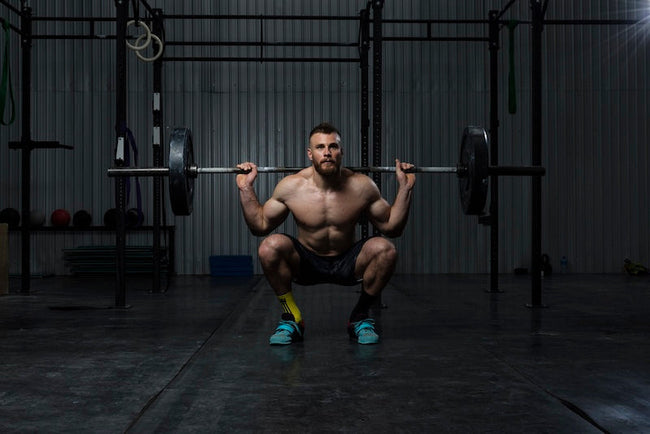
Pre-Workout vs Coffee: What's the Difference?
Coffee and pre-workout supplements both promise to fuel your workout, but they're not the same tool, and using the wrong one can affect your performance. Whether it's an early-morning lift, a lunchtime run, or a late-afternoon strength session, most people face the same question before they train: How do I get enough energy to perform well? Many people turn to...

How Long Does It Take for Vitamin B12 to Work
Who This Guide Is For: People just starting B12 supplementation wondering when they'll feel better Individuals with fatigue or anemia from B12 deficiency seeking timeline expectations Those with neurological symptoms needing realistic recovery timeframes Elderly patients and caregivers managing B12 deficiency treatment Vegans and vegetarians beginning B12 supplementation programs Healthcare providers counseling patients on B12 treatment expectations If you've just...
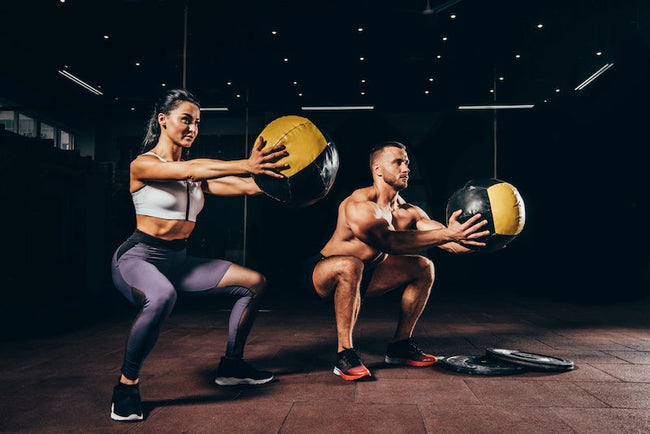
What is Micronized Creatine?
Micronized creatine is creatine monohydrate that has been processed into smaller particles to improve its solubility, absorption, and overall effectiveness. Recent research shows that enhanced micronized formulations can increase bioavailability by up to 38.97% compared to regular creatine supplements, making it a superior choice for athletes and fitness enthusiasts looking to optimize their performance [1]. Many people wonder whether the...

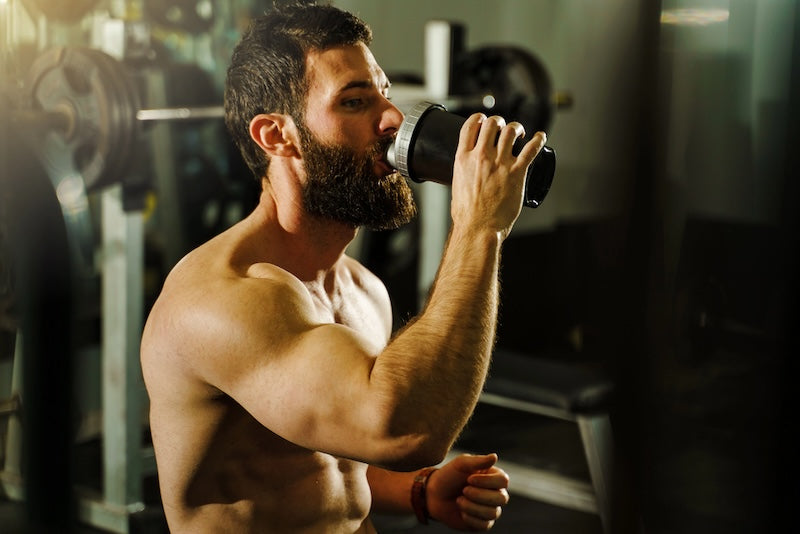
Is Creatine HCL Worth It? A Science-Backed Look at Cost, Benefits, and Absorption
9 min read
How to Take Creatine HCL for Best Results: Timing, Dosage, and Cycling
Why Creatine HCL Is Gaining Popularity Creatine has long been one of the most researched and effective performance supplements on the market. For decades, creatine monohydrate has dominated the fitness world, with hundreds of studies supporting its benefits for strength, power, muscle growth, and recovery. Recently, there’s been a growing interest around another form of creatine: creatine hydrochloride (HCL). Creatine...

Does Creatine HCL Cause Bloating? What Science and Users Say
The Creatine Bloating Myth Creatine is one of the most researched and effective supplements for improving strength, building muscle, and enhancing exercise performance. However, there are many misconceptions about creatine especially when it comes to feeling bloated and puffy. The fear of creatine causing puffiness, bloating, or just general discomfort keeps many people from trying a supplement that has the...

When to Take Zinc: Morning or Night?
Who This Guide Is For: Zinc supplement users confused about optimal timing for maximum absorption and benefits Health-conscious individuals wanting to maximize their supplement effectiveness Athletes and fitness enthusiasts optimizing their supplement schedules around workouts People with digestive sensitivities seeking the best timing to minimize side effects Shift workers and irregular schedules needing flexible supplementation strategies Healthcare providers counseling patients...

The Complete Guide to Using Collagen Peptides: Benefits, Types & Daily Tips
Ever wondered why collagen peptides have become a staple in wellness routines? These versatile supplements offer numerous benefits for your skin, joints, and overall health. As collagen production naturally decreases with age, incorporating these peptides into your daily regimen can help maintain that youthful glow and physical mobility. Knowing how to use collagen peptides effectively can maximize their benefits. Whether...

Vitamin D3 vs D2: Which One Should You Take?
Quick Answer – Is D3 Better Than D2? Vitamin D3 is generally more effective at increasing vitamin D levels in the body compared to vitamin D2. Vitamin D3 increases serum 25-hydroxyvitamin D concentrations efficiently and effectively as it is more readily absorbed by the body than D2. Vitamin D3 can more sustainably maintain healthy vitamin D levels since this form...
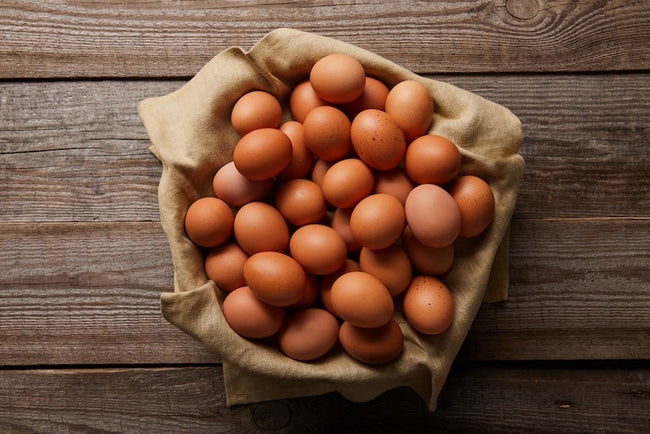
When Is the Best Time to Take Vitamin D?
The best time to take vitamin D is at any time you can take it consistently, preferably with a meal that includes a good source of healthy fats for optimal absorption. No significant research studies support the notion that any specific time of day is better than another for taking vitamin D supplements. Taking vitamin D with a meal containing...

What Blocks Zinc Absorption? A Science-Backed Guide to Common Inhibitors and Fixes
Why Zinc Absorption Matters Zinc is a micronutrient that supports nearly every body system. It plays a crucial role in immune function, hormone regulation, wound healing, and maintaining healthy skin, hair, and nails. Zinc contributes to us having a sense of taste and smell, DNA synthesis, and cell growth—making it especially important during periods of rapid development such as childhood,...
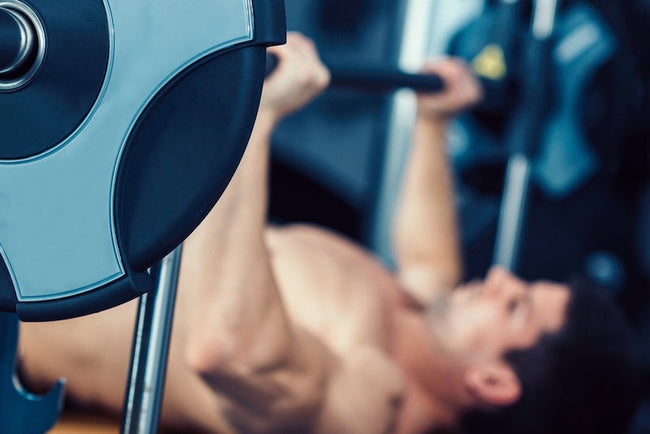
Is Your Zinc Supplement Absorbed Well? A Science-Backed Guide to Bioavailability
Zinc is one of the most important nutrients for the human body. But simply ensuring you get enough zinc in your diet does not mean you’re actually absorbing it. This article will explain why zinc absorption is more important than you think, and ways to ensure you’re optimizing its absorption. **Disclaimer: This content is for informational purposes only and does...






